Mayor of the moment
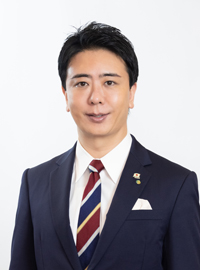
Sōichirō Takashima Fukuoka
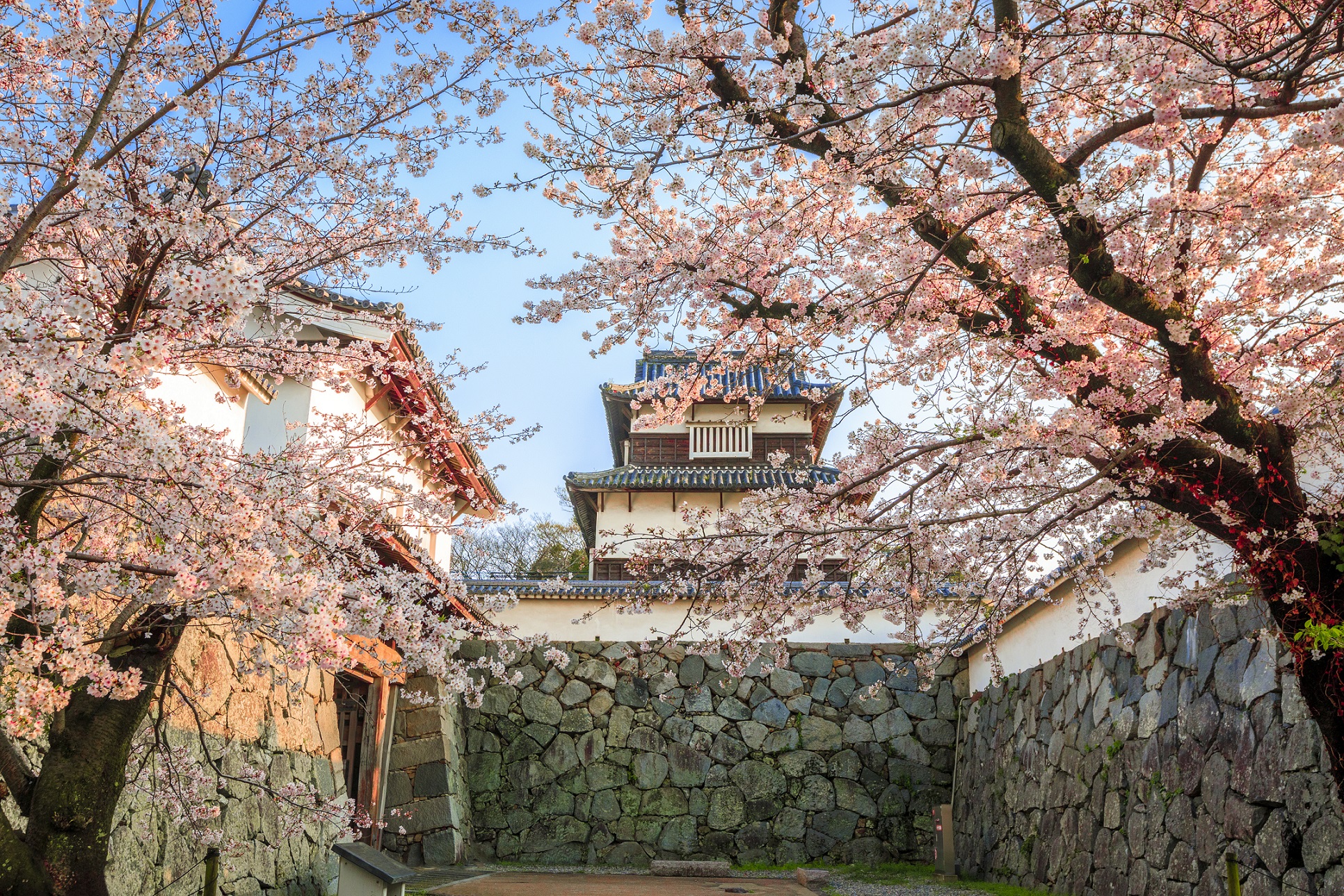
COVID-19 exacerbated inequality, with vulnerable groups most affected. What are the main inequality challenges in Fukuoka, and how are you addressing them through the current pandemic?
A decrease in the number of children and workers, and a rapidly growing elderly population, means the median age is continually increasing in Fukuoka City and across Japan. In turn, many policies are enacted that are directed towards the elderly population, who make up the majority of voters, a concept known as “silver democracy” in Japan.
Against this background, due to the COVID-19 pandemic, restaurants were closed or had their hours limited, and cultural and entertainment activities were suspended in Japan. This was to reduce gatherings and the spread of the virus to protect the elderly, who are at high risk of developing severe symptoms, while progressing on the vaccination programme. Young people have also been called upon to show ‘self-restraint’ and are missing out on invaluable opportunities to learn and gain experience. Here in Fukuoka City, the tertiary sector accounts for 90% of industry. If we were to continually restrict the economy, culture and entertainment and lose these businesses, it would be difficult to restore them. I was one of the first in Japan to support restaurants, and encourage cultural and entertainment activities, events and education to go digital.
Japan’s social security system, including its medical care and welfare, is structured in such a way that the labour force supports the elderly. With the current trend in demographics, the balance between the supporting and supported members of society will collapse, and the system will not be able to sustain itself.
Therefore, Fukuoka City created Fukuoka 100, an urban development project that aims to create a sustainable society that brings happiness to both the individual and society as a whole, in preparation for the era of the 100-year life. The project involves an ‘all Fukuoka team’ made up of the industrial, academic, public and private sectors promoting policies that use evidence-based measures and technologies such as ICT and IoT. For example, all healthcare-related data, such as births, medical histories and causes of death, were recorded separately in the past, but Fukuoka City created a system that consolidates and manages the healthcare data of each individual resident and visualises the current status of healthcare across the city. This system allows multifaceted and detailed analysis of lifestyle-related diseases and causes of death, and also the prevalence of diseases in the region. This ultimately allows evidence- and data-based policy planning and evaluation that can be used to prevent illness and extend life expectancy.
In response to the COVID-19 pandemic, we supported online family visits for residents of elderly care facilities, where cluster infections are likely to occur.
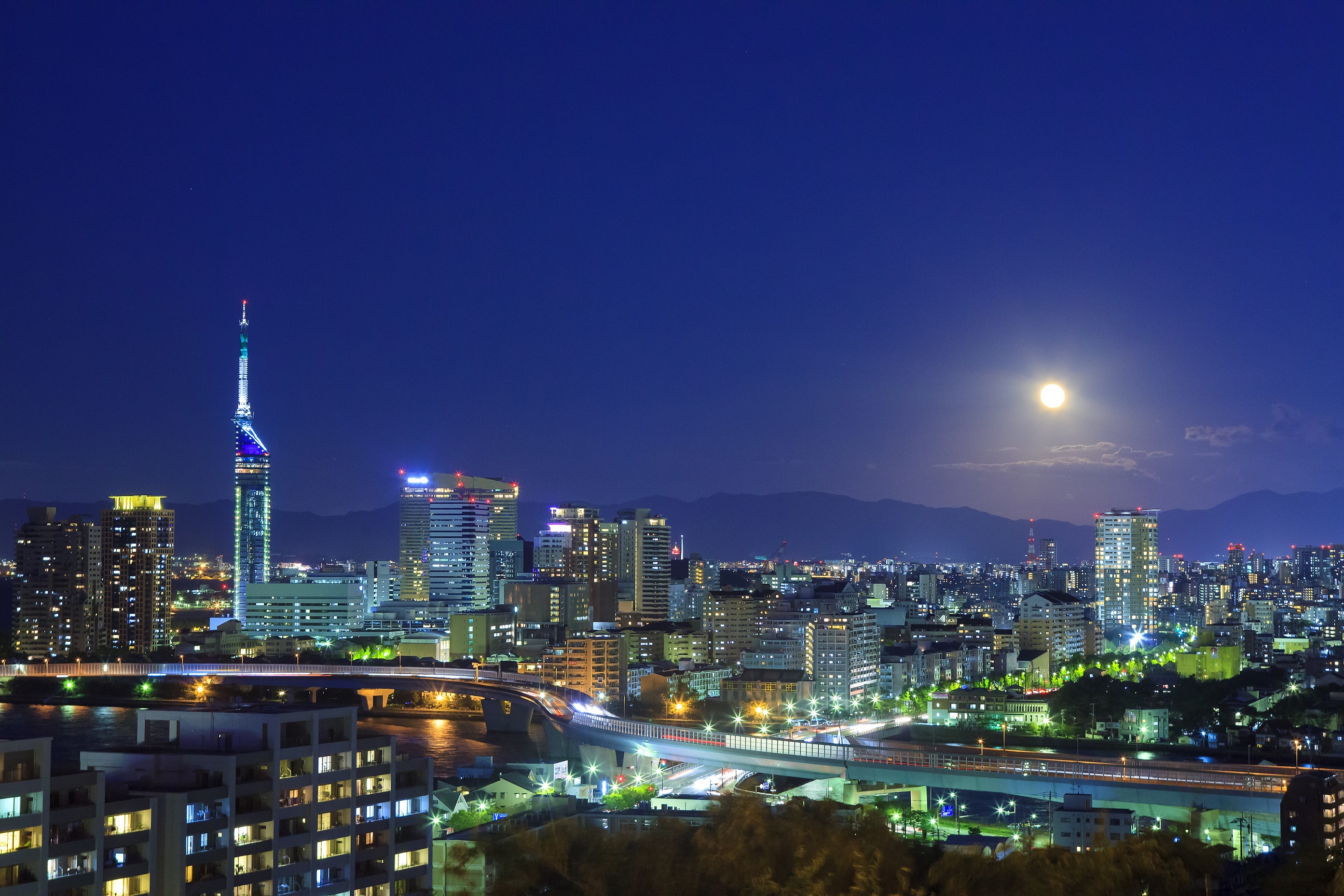
Fukuoka was the first city in Japan to start providing free Wi-Fi in the subway and at all local tourist destinations. What changes are you making to Fukuoka’s city infrastructure in response to COVID-19, and how are you ensuring ongoing urban development is inclusive and benefits everyone?
COVID-19 requires city leaders to set a clear direction and positive vision, especially when citizens and businesses are feeling anxious. Outbreaks of a new virus may occur in the future, cities need to be prepared to address vulnerabilities related to infectious disease.
Fukuoka City approached the situation as an opportunity to change for the better; we thought if we could create a city that was more resistant to infectious diseases than anywhere else in the world, this would become a new and significant selling point for the city. So we developed the Infectious Disease Resilient City initiative, and started to provide incentives to private businesses that introduce new functions such as improved ventilation and contactless technology in their buildings.
Companies have already started responding to this initiative. For example, one privately-owned building to be completed in autumn 2021, where a global Japanese company is expected to relocate its headquarters from Tokyo, will be completely contactless. Visitors will be able to go from the entrance to any destination without touching a single surface, including elevators and restrooms. Fukuoka City is planning to create a series of such infectious disease-resistant buildings.
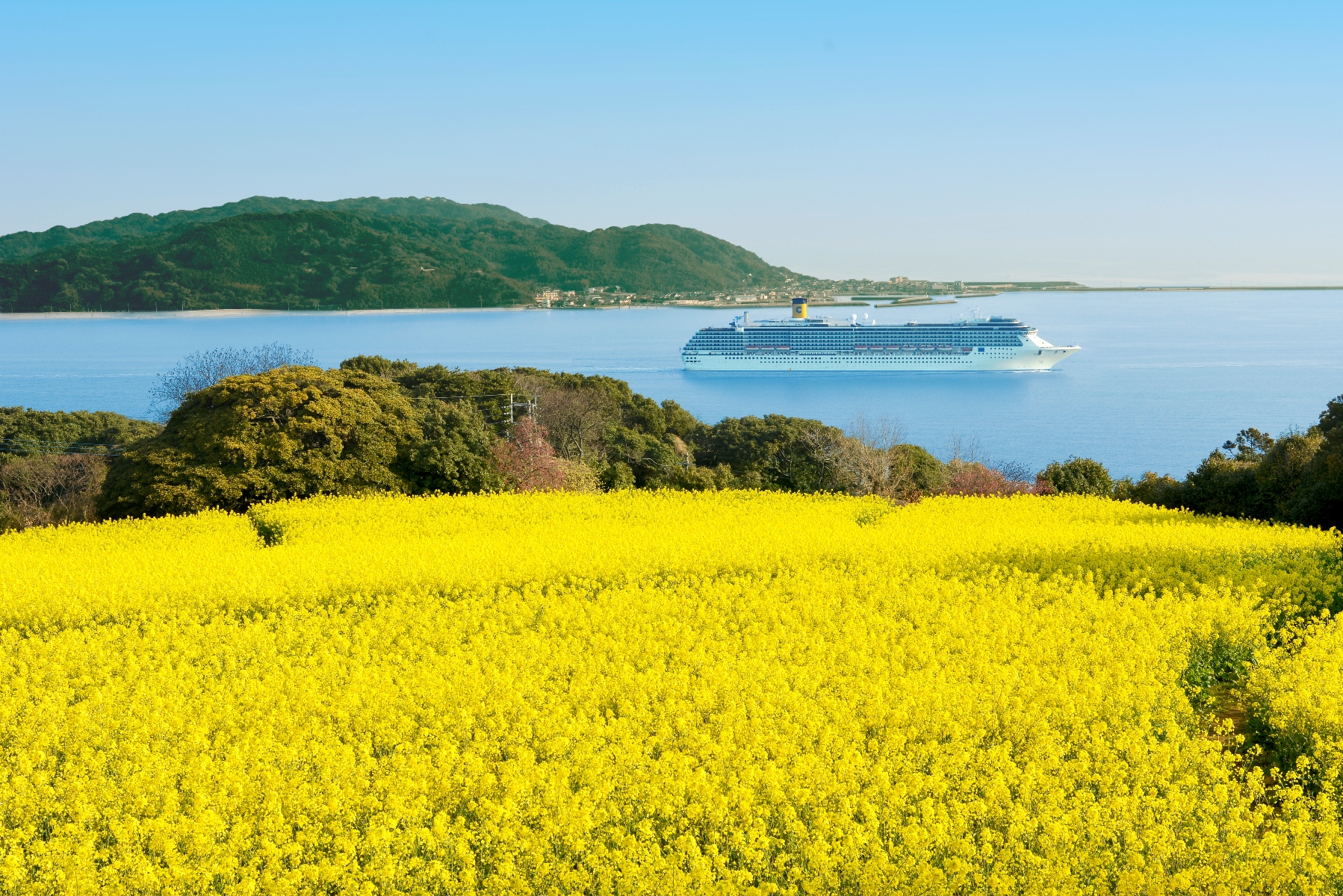
Fukuoka was designated a National Strategic Special Zone by the Japanese government to encourage startup companies and job creation, and the Fukuoka Start-up Café supports entrepreneurs in the city. Additionally, in July 2020, Fukuoka was selected as one of the Japanese government’s four ‘Hub cities’ that will benefit from national government support in encouraging start-ups. Why are start-ups so important to Fukuoka, and can you explain how supporting them drives inclusive economic growth in the city?
Startup businesses have the power to change society. If startups can create systems to solve issues in Japan, they will be able to access business opportunities around the world. In Fukuoka City, we are focusing on supporting startups to create a society where risk taking and embracing new challenges is commonplace.
Fukuoka City declared itself a ‘startup city’ in 2012, and since 2013, has participated in the Startup City Promotion Council. By 2014, we were designated the National Strategic Special Zone for Global Startups and Job Creation by the national government. In 2017, we opened our startup support hub: Fukuoka Growth Next. What started out as a small ripple has gradually swollen to a large wave, and startups have begun to collaborate with existing companies. Fukuoka city now has one of the highest rates of start-ups in Japan.
With new needs arising from the COVID-19 pandemic, we believe that now is the perfect time for startups to take advantage of the situation and propose services that are in demand. It is a unique opportunity for Japan to get away from being ‘riddled with regulations’ – that is, some regulations may be too protective for existing businesses (and their vested interests), preventing start-ups from entering the market with new products and services. In Fukuoka City, however, the government is supporting companies that create new services in this COVID-19 era, helping them coordinate with the local community to implement their products and services, which is difficult for a single company to do alone. We want the government to take the lead in creating a city where startups can easily take on new challenges. It is risky to support startups in my role as mayor because it may create conflicts and potential backlash from some business groups. However, I continue to support them, because I am convinced that when people see ambitious efforts succeeding, they will think, ‘Maybe we can do it too,’ and they themselves may also take on new challenges, leading to a society where people can create their own future.
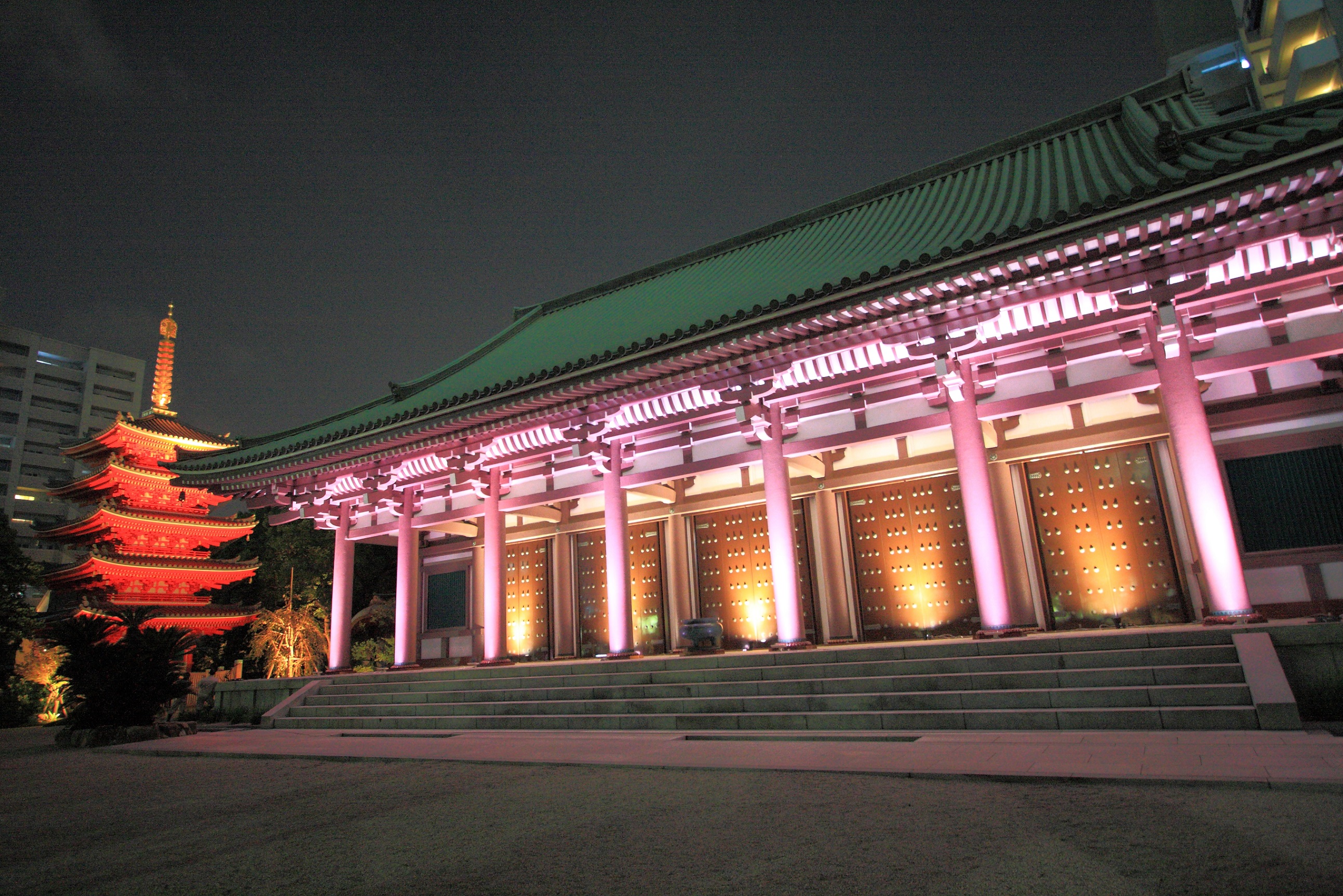
By launching the Asian-Pacific City Summit (APCS) in 1994, Fukuoka positioned itself as a hub of international co-operation. How are you using international collaboration to tackle shared challenges, such as achieving Sustainable Development Goals (SDGs), and delivering greater equality in Fukuoka?
The COVID-19 pandemic increased the significance of promoting the SDGs through cross-country collaboration and among cities in order to achieve a sustainable society, so I would like to continue to share experiences and learn from other cities through global initiatives such as the OECD Champion Mayors for Inclusive Growth.
Fukuoka City has been organising the Asian-Pacific City Summit for many years. The APCS brings together leaders from the Asia-Pacific region to solve urban problems and promote the SDGs. The summit currently has 32 member cities from 15 countries and regions. In the rapidly urbanising Asia-Pacific region, the importance of the summit as a platform for city leaders is increasing. The 2018 Summit, one of the largest international city conferences in Japan, was co-hosted with UN-Habitat, whose regional office for Asia and the Pacific is located in Fukuoka City with the participation of numerous stakeholders including representatives of cities, international organisations and corporations.
The 13th Asian-Pacific City Summit will take place over two years, 2021 and 2022, and will discuss the roles cities should play to create a sustainable and inclusive future in the post COVID-19 era.

